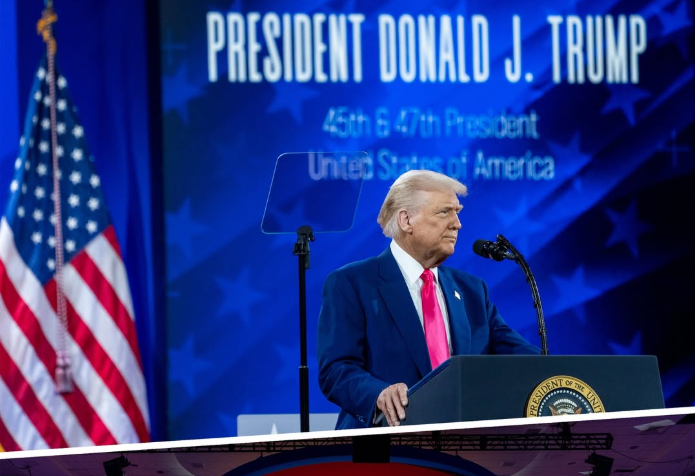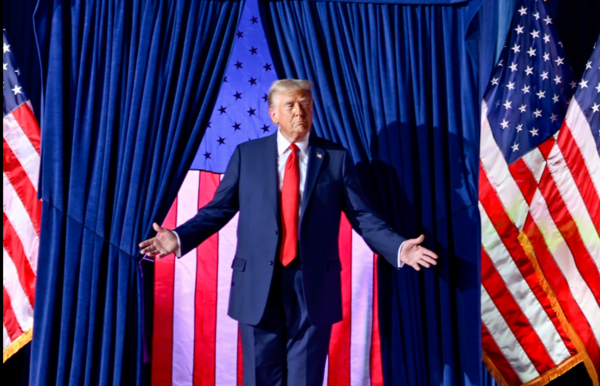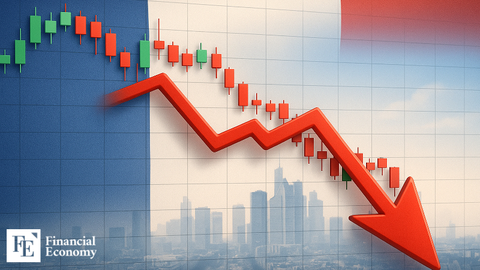America Retreats Again: U.S. Withdraws from UNESCO Over Ideological Rift
Input
Modified
The United States withdraws from UNESCO for the third time. The move underscores growing U.S. resistance to multilateral institutions seen as promoting progressive values. Trump administration claims ideological misalignment; critics warn of long-term diplomatic costs.
In a dramatic yet familiar move, the United States has once again severed its ties with UNESCO, the United Nations’ cultural and educational agency. Announced in July 2025, this withdrawal marks the third such exit in U.S. history and is being championed by the Trump administration as a rejection of what it calls "ideological excesses." As the global community grapples with complex cultural, environmental, and educational challenges, America’s disengagement reignites debate over its place in the world and the cost of retreating from multilateral diplomacy.

UNESCO Voices Disappointment, Calls for Unity
UNESCO Director-General Audrey Azoulay wasted no time responding to the United States’ withdrawal, voicing deep regret over a decision that she says undermines decades of cultural collaboration. According to her statement, UNESCO has significantly benefited from U.S. leadership, especially in advancing global education, heritage preservation, and freedom of expression. Azoulay emphasized that at a time when misinformation, cultural erosion, and climate education demand coordinated action, disengagement from a significant power like the U.S. weakens collective efforts.
Azoulay also pointed out that while each member nation maintains its sovereign right to participate or withdraw, UNESCO thrives on dialogue, not division. "The challenges we face today are too big for any one country to solve alone," she said. Her call for recommitment to shared values highlights what many international observers interpret as the growing chasm between U.S. domestic politics and its historical role as a global leader.
The withdrawal also raises practical concerns. From funding contributions to intellectual and technical leadership, the U.S. has played a pivotal role in initiatives such as World Heritage Site protection and global literacy. Now, the absence of that support may not only hamper ongoing programs but also embolden other skeptical nations to step back from cooperative global engagement.
A Pattern of Disengagement Under the Banner of Nationalism
While the recent decision made headlines, it did not come as a complete surprise. It fits into a broader ideological narrative that has been building for years. According to a report from France 24, the Trump administration cited UNESCO’s increasingly progressive stance, often labeled as “woke” by its critics, as the primary reason behind the exit. Issues such as decolonizing education, inclusive language, and support for minority heritage have become flashpoints for cultural conservatives.
Administration officials claimed that the agency no longer reflects “American values,” particularly on issues such as gender identity, race-based curriculum reforms, and what they perceive as political bias in the handling of global historical narratives. This critique resonates with a segment of U.S. voters who believe that international institutions promote ideologies that are at odds with their own views.
However, critics argue that this framing is both shortsighted and dangerous. UNESCO’s work encompasses far more than progressive ideology; it safeguards tangible cultural assets, facilitates scientific cooperation, and fosters literacy and sustainable development. By reducing its role to ideological disagreements, opponents of the withdrawal warn that the U.S. risks surrendering its influence to nations with vastly different agendas.
The consequences may extend beyond UNESCO. A pattern of disengagement, critics say, erodes America’s credibility across the United Nations system and beyond. It also opens doors for rival powers to fill the leadership vacuum left by Washington, allowing China, Russia, and others to shape the narrative in institutions the U.S. once helped build.

Trump’s History with UNESCO and the Future of U.S. Diplomacy
This marks the second time Donald Trump has withdrawn the U.S. from UNESCO; his administration previously initiated a withdrawal in 2017, citing similar concerns about institutional bias and fiscal inefficiency. Although the U.S. rejoined in 2023 under President Biden, the 2025 exit reveals just how precarious American engagement in international organizations has become.
Trump’s distrust of UNESCO reflects a broader skepticism toward multilateral organizations, many of which he accuses of favoring humanitarian causes over what he views as core U.S. interests. Whether it’s climate accords, refugee agreements, or international health collaborations, Trump has consistently framed global cooperation as a threat to national sovereignty.
For institutions like UNESCO, this creates an existential dilemma. Without consistent U.S. support, they must recalibrate their strategies, financially and diplomatically. Some analysts predict that the agency will shift its focus more toward European and Asian member states for leadership. In contrast, others worry that recurring U.S. exits may eventually erode its effectiveness altogether.
Still, Trump’s critics contend that his hostility toward UNESCO stems not from inefficiency or mismanagement, but from opposition to its humanitarian mission. By walking away from educational equity, cultural preservation, and international science initiatives, they argue, the U.S. is not only isolating itself but also abandoning its legacy.
The U.S. exit from UNESCO is not merely a bureaucratic reshuffling; it is a geopolitical signal. It speaks to an inward turn in American diplomacy, one that prioritizes ideological purity over collaborative problem-solving. While Trump’s supporters cheer the decision as a stand against “woke” overreach, its critics see it as another step toward diplomatic irrelevance.
As challenges like climate change, cultural destruction, and educational inequality mount, institutions like UNESCO are more vital than ever. Whether the U.S. eventually returns or continues to drift away from global institutions, its choices will shape not only its reputation but also the very structure of international cooperation in the decades ahead.
For now, the world watches as one of its oldest democracies turns its back, again, on a platform built to unite.





















